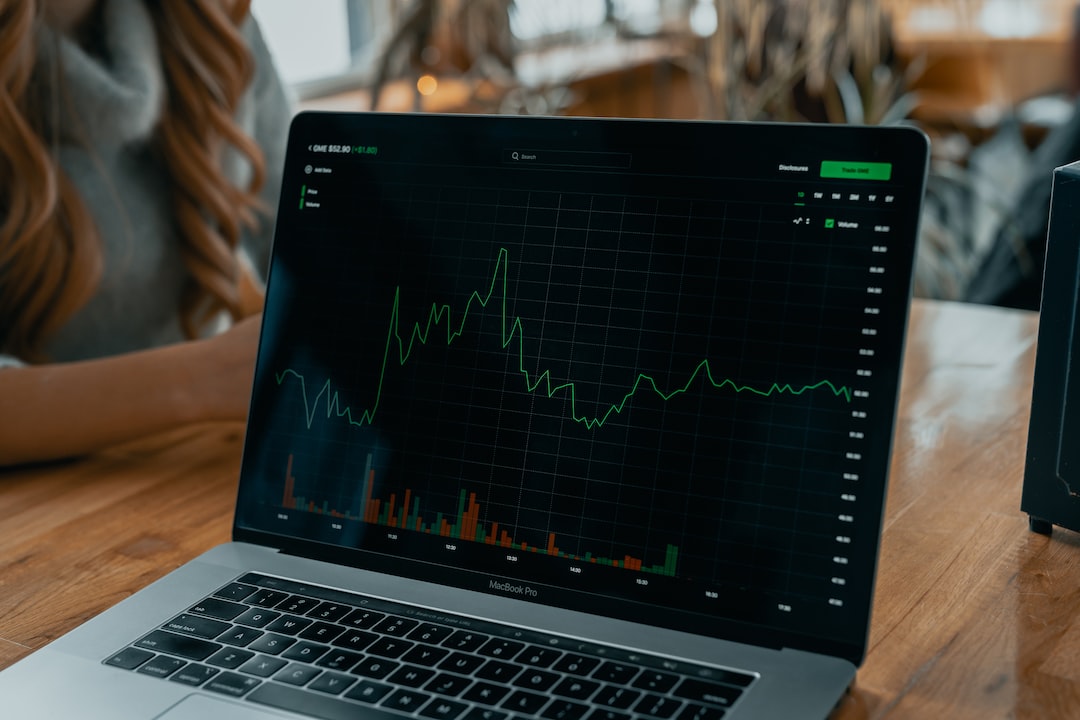UNHCR Embracing Blockchain Technology for Aid Delivery
The United Nations High Commissioner for Refugees (UNHCR) is leveraging blockchain technology and zero-knowledge proofs to enhance its mission of providing aid to refugees worldwide. UNHCR Treasurer Carmen Hett stated that blockchain technology is well-suited for streamlining aid delivery and safeguarding the sensitive data of over 114 million refugees.
Blockchain-Based Solutions for Aid Distribution
The UNHCR has been working with blockchain technology since December 2022 when it launched its first blockchain-based payment solution. The organization is now using Cardano-based solutions to crowdfund and distribute aid to refugees globally. Digital wallets facilitate easy donations and aid distribution, while a decentralized ledger ensures transparency throughout the process.
Improving Financial Control for Refugees
The UNHCR’s program also aims to enhance financial literacy and empower refugees by giving them more control over their finances. Initially, the technical nature of blockchain solutions posed a challenge, but the program’s efficiency and freedom outweighed the complexity. As the UNHCR scales up the program, other agencies could adopt similar solutions.
Fundraising Through Crypto Staking
The UNHCR has launched a staking pool called “Blockchain for Refugees” to facilitate fundraising through blockchain. Anyone holding ADA (Cardano’s coin) can passively support the UNHCR mission by delegating crypto funds to the staking pool. All rewards generated from staking go directly to the UNHCR, supporting their field operations and innovation funds.
Using Cardano for Data Security
The UNHCR has chosen Cardano as its partner due to its engaged community and unique staking mechanism. Cardano’s digital IDs and payment capabilities are also used to protect refugee data. The UNHCR is exploring zero-knowledge proofs and other privacy technologies to ensure the security of refugee identities.
Creating a Blueprint for Blockchain in Humanitarian Aid
By starting small and scaling impactfully, the UNHCR is setting an example for blockchain’s potential in empowering refugees. The success of the collaboration between UNHCR and Cardano could encourage other humanitarian groups to adopt cryptocurrency and blockchain solutions for their operations.
Hot Take: Revolutionizing Aid Delivery with Blockchain
The United Nations High Commissioner for Refugees (UNHCR) is revolutionizing aid delivery through the use of blockchain technology. By leveraging Cardano-based solutions, the UNHCR is streamlining the process of crowdfunding and distributing aid to millions of refugees globally. This innovative approach not only ensures transparency but also empowers refugees by giving them more control over their finances. Furthermore, the UNHCR’s fundraising efforts through crypto staking provide an opportunity for individuals to support the agency’s mission while contributing to the efficiency and security of the network. With the UNHCR leading the way, blockchain technology has the potential to transform humanitarian aid and create a more empowering experience for refugees worldwide.





 By
By
 By
By
 By
By
 By
By

 By
By